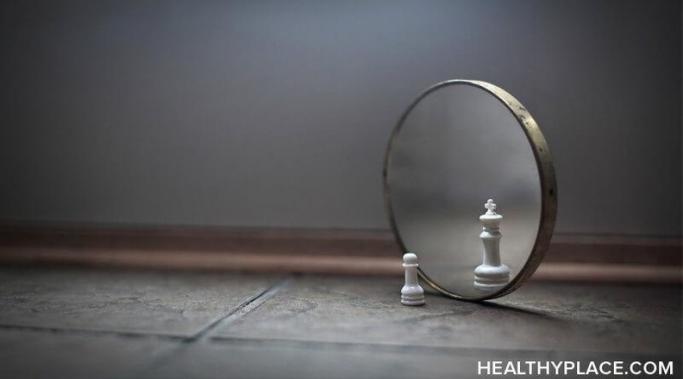Blogs
A number of children diagnosed with attention-deficit/hyperactivity disorder (ADHD) supposedly outgrow ADHD, but quite a few do not. It used to be thought that most children lose the diagnosis as they age, but theories increasingly suggest that most people still have ADHD throughout adolescence and possibly adulthood. Certain experts even theorize that ADHD never disappears; its symptoms simply morph and become more subtle. This made me wonder why some supposedly grow out of ADHD and what it means to know that ADHD might never go away.
I use creativity to reduce anxiety because sometimes when anxiety hits it can be easy to feel stuck and not know what to do to get out of feeling that way. For me, if I don't use anxiety coping techniques to start feeling better then it becomes harder and harder to start feeling normal again. Read this article to learn how I use creativity to reduce anxiety.
Do you experience seasonal depression (also known as seasonal affective disorder, or SAD)? If so, you may have extra trouble getting out of bed during periods of SAD.
Every year, I take time to reflect on my experiences and identify goals I want to pursue. Inevitably, some of these new year's goals fall by the wayside, regardless of how passionate I was about them at the start of the year. For a long time, I couldn't figure out why I stuck with some of my goals but not others. Eventually, I realized it was for a simple reason: some of my new year's goals set me up for failure.
When I was a teenager, mental illness recovery wasn't a thought in my mind. I already had my life planned out. I would attend music school and after graduation, I would audition for a military band. Things didn't go as planned when I was diagnosed with schizoaffective disorder.
You can stay sober on New Year's Eve even though it is probably the biggest holiday of the year for parties. Whether it's simply champagne toasts at midnight or full-on drinking for the whole evening, it's a night known for alcohol consumption. For those of us in addiction recovery, it can seem like something to dread rather than celebrate. But, if you are proactive about how you handle staying sober on New Year's Eve, you can still have a good time and keep your sobriety intact.
Have you ever second-guessed yourself, questioning your words or actions? Many people place second-guessing at or near the top of their list of agonizing effects of anxiety. At best, it can knock down your sense of inner peace and happiness a notch or two. At worst, anxiously second-guessing our choices can cause us to berate ourselves relentlessly, unnecessarily assume blame, question whether we're good enough, and begin to pull away from a connected, active lifestyle. We don't have to let anxiety have this life-limiting and frustrating effect on us. Stop second-guessing and become self-assured in what you say and do.
Depression can interfere with setting goals. Many people set resolutions for the new year, but doing so can lead to feelings of failure when these resolutions aren't met; therefore, I suggest setting goals that will help us cope with our depression throughout the year of 2019. Rather than using these goals as a means to improve things we see as flaws in ourselves as people often use resolutions to do, we should view these goals instead as ways of taking better care of our ourselves and working toward improving our mental health. So, let's get started on a list of goals that we'll find helpful as we cope with our depression in 2019.
The process of building self-esteem can be a slow one because low self-esteem may have already caused many issues in your life, affecting your job, relationships, and general personal development. When you instinctively view yourself in a negative, harsh way, this can also be a painful experience. This can lead to persistent feelings of sadness, depression, anxiety, anger, guilt, and shame. If you’re determined to build self-esteem and improve your mental health, you may want a quick fix. But it’s important to understand that the process of building self-esteem is often long and gradual. Here’s why.
Self-esteem and self-harm do have a relationship. While self-harm can stem from a wide variety of root causes, issues regarding self-esteem is often brought up in discussions as one possible culprit. It would be reductive to draw a straight line connecting self-esteem levels to self-harm activity, but it would be equally reductive to deny that a relationship between the two does, in fact, exist.









